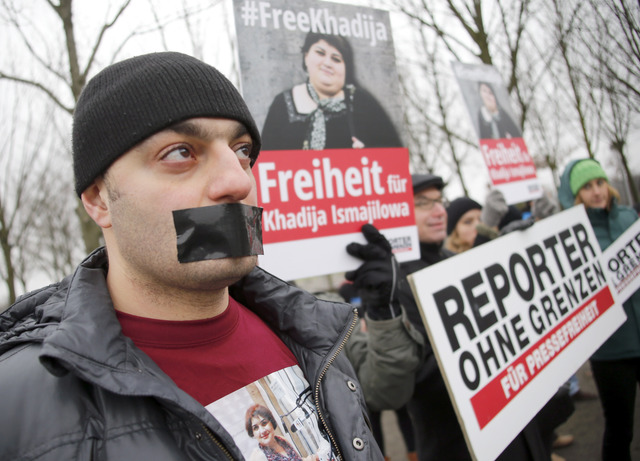
Every year, on World Press Freedom Day, the world acknowledges how the media help turn that right into a reality.
Jakarta, MINA – Reporters Without Borders (RSF) calls on Indonesia’s constitutional court to overturn an article in a new law under which anyone, including journalists, could be prosecuted and jailed if they “disrespect” the country’s parliamentarians, and which therefore clearly violates press freedom, RSF reported on Tuesday.
Known as the MD3 Law, the new law regulating Indonesia’s legislative bodies took effect on 15 March, one month after President Jokowi refused to sign it on the grounds that it was a source of public disquiet.
The president’s refusal did not, however, have the effect of vetoing the law.
It is article 122 of the law that is a source of great concern to journalists and those who defend the freedom to inform, because it opens the way to criminal proceedings for any “criticism” or “disrespect” for parliament or its members.
Also Read: BRIN Officially Launches InaRI Expo 2025
“Ill considered and poorly worded, this article makes it impossible for the fourth estate to cover parliamentary issues in an independent manner and represents a grave violation of the country’s constitution and the principle of the separation of powers,” said Daniel Bastard, the head of RSF’s Asia-Pacific desk.
“We call on the constitutional court to lose no time in striking down this article, which poses a real threat to press freedom in Indonesia.”
RSF supports the initiative taken by Indonesian civil society organizations, which referred the law to the constitutional court on the day it took effect.
The law is all the more worrying because its vague wording does not define “disrespect” and sets no limit on the penalties for violations, allowing parliamentarians to interpret any critical media coverage as “disrespect” and impose punishments in a completely arbitrary manner.
Also Read: “Free Palestine” Echoes at Prambanan Jazz Festival 2025
The law has taken effect against a backdrop of legislation that is getting more and more hostile towards press freedom, although this freedom is guaranteed in the Indonesian constitution, as amended in 2002. Amendments currently being drafted to the criminal code could also criminalize media criticism of the president and vice-president.
Indonesia is ranked 124th out of 180 countries in RSF’s 2017 World Press Freedom Index.
(T/RS5/RS1)
Mi’raj Islamic News Agecy (MINA)
Also Read: Boy Dancer Puts Pacu Jalur Culture on the Global Stage








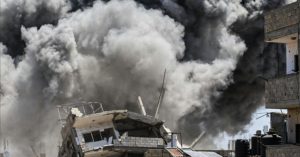
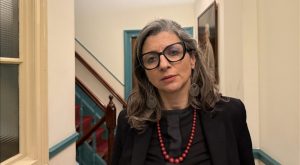


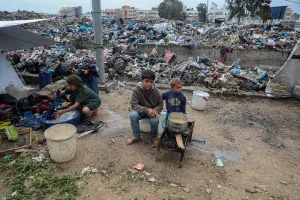
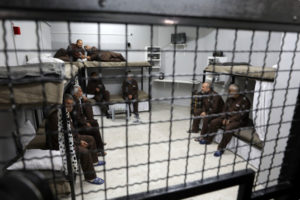
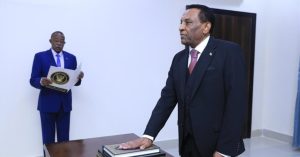
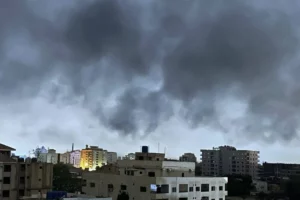
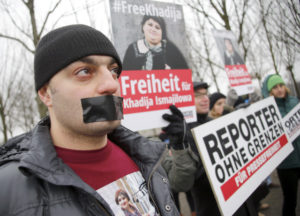
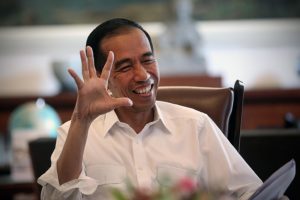
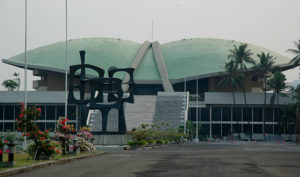
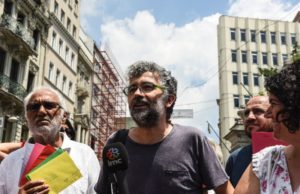



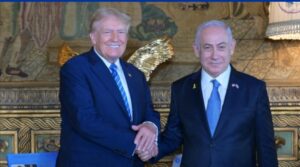
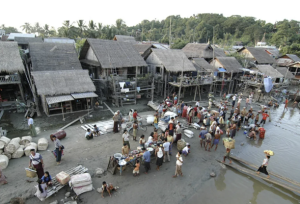




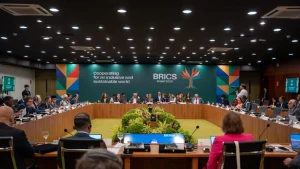





 Mina Indonesia
Mina Indonesia Mina Arabic
Mina Arabic